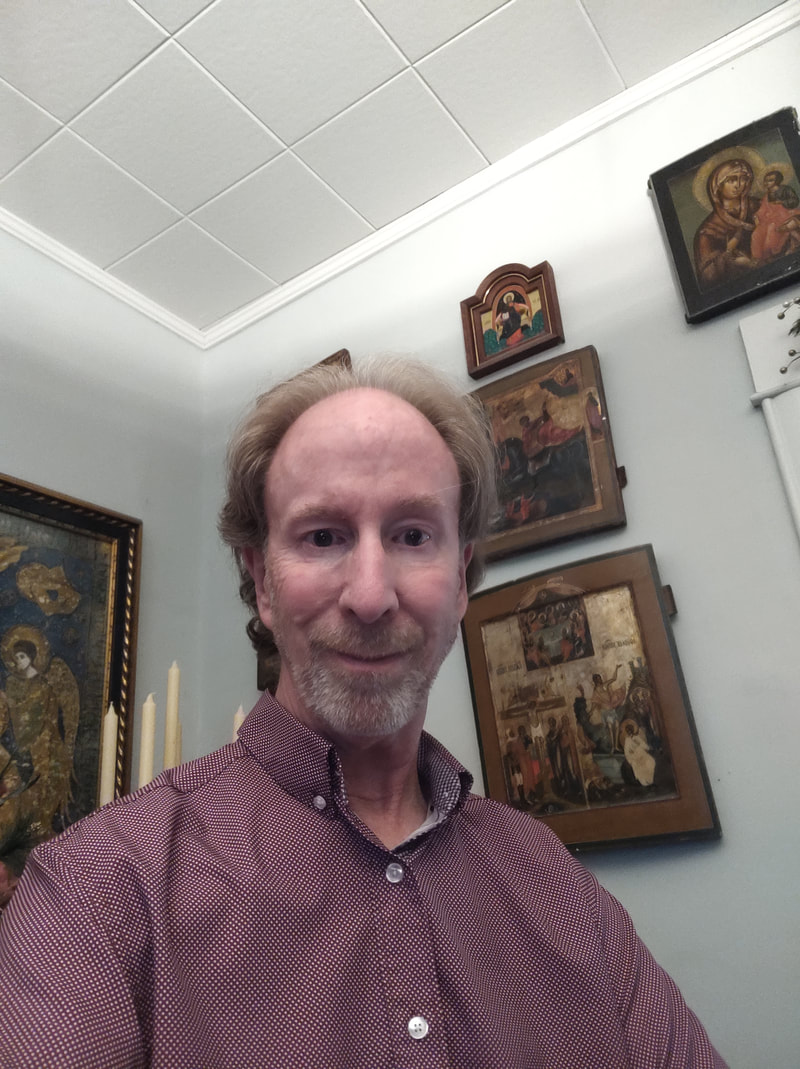|
Bob Gass has written a devotional that I have been going through that is having me soul search a great deal. I have shared bits of it with the my Neighborhood Shepherd Group and the Church. However, I feel I am just scratching the surface. Chapter One got my attention, but Chapter Two hit me with a two by four and knocked me down. I just had to reflect, repose and pray on it an awful lot. I share that chapter with you today from my Logos Library. It is from Bob’s book ” Forgetting Your Past:Turn Your Pain Into Purpose. ” You might want to make it a part of your library as well.
Dealing with the Past Every experience you’ve had from the moment you were born until now (and even while you were in your mother’s womb) has made you what you are today. The things that happened to you, especially during your earliest years, determine how you’ll act (and react) for the rest of your life. That’s what Jesus meant when He said, “A good man gives out good from the goodness stored in his heart; and a bad man gives out evil from his store of evil.” (Matthew 12:35 Phillips) There are things stored up in each of us that must be dealt with before we can move ahead successfully. Psychologists estimate that we spend up to 50 percent of our mental and emotional energy repressing painful memories. My brother Neil, who spent many years in private practice as a Family Systems Therapist, tells me that the counseling community has recently done a one hundred and eighty-degree turn. Instead of saying, “Dig deep and go back as far as you can,” they’re now saying, “If the patient needs to vent, let him. But make it brief; then get him focused on the future as quickly as possible.” That’s what some would call, “a sudden revelation of the obvious.” Two thousand years ago the apostle Paul wrote, “Forgetting those things which are behind, and reaching unto those things which are before …” Philippians 3:13). Paul understood that forgetting and reaching are the keys to inner healing. One will not work without the other. Forgetting closes the door on the past; reaching opens the door to the future. You say, “What did Paul have to forget?” Plenty! On his orders, Stephen, the first Christian martyr, was stoned to death. Paul watched the whole gruesome scene. Could you forget that? Listen to his testimony: “… I persecuted the church of God, and wasted it” (Galatians 1:13 KJV). “Wasted”—that’s a Mafia term. While Christians slept, Saul of Tarsus and his zealots would break down their door, and, oblivious to the cries of children, take some parents to prison and others to the chopping block. But now he goes back to those same towns to preach and when he stands in the pulpit, guess who’s sitting in the pews? The widows! The orphans! If Paul had not learned how to deal with his own past, he never would have written one of the thirteen best sellers we now call “epistles” or founded a church that would last for two thousand years. This, then, is the man who writes, “This one thing I do, forgetting …” (Philippians 3:13). This book is written especially for three people; you could be one of them.
0 Comments
Your comment will be posted after it is approved.
Leave a Reply. |
Reverend Patrick Vossen,
|

